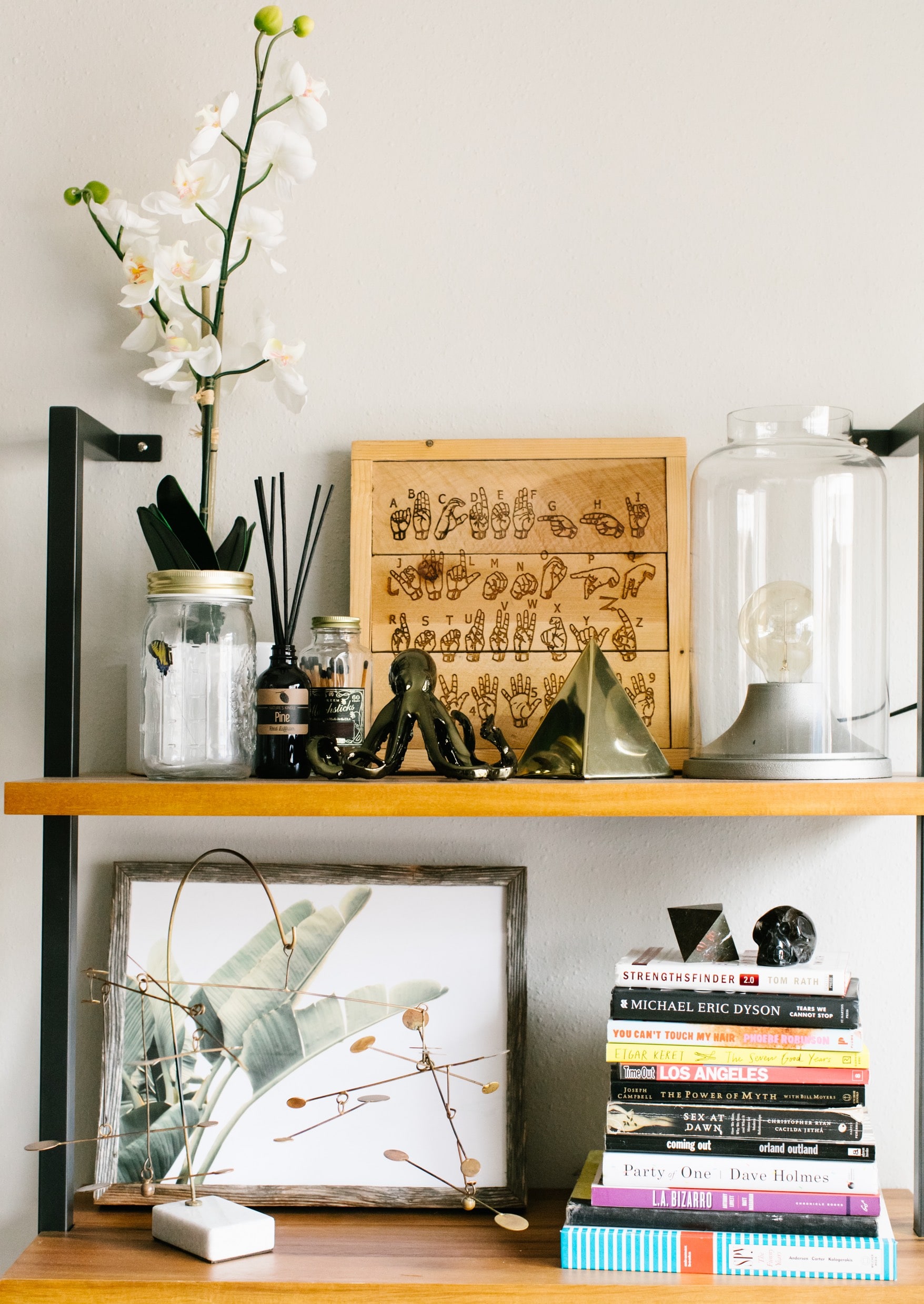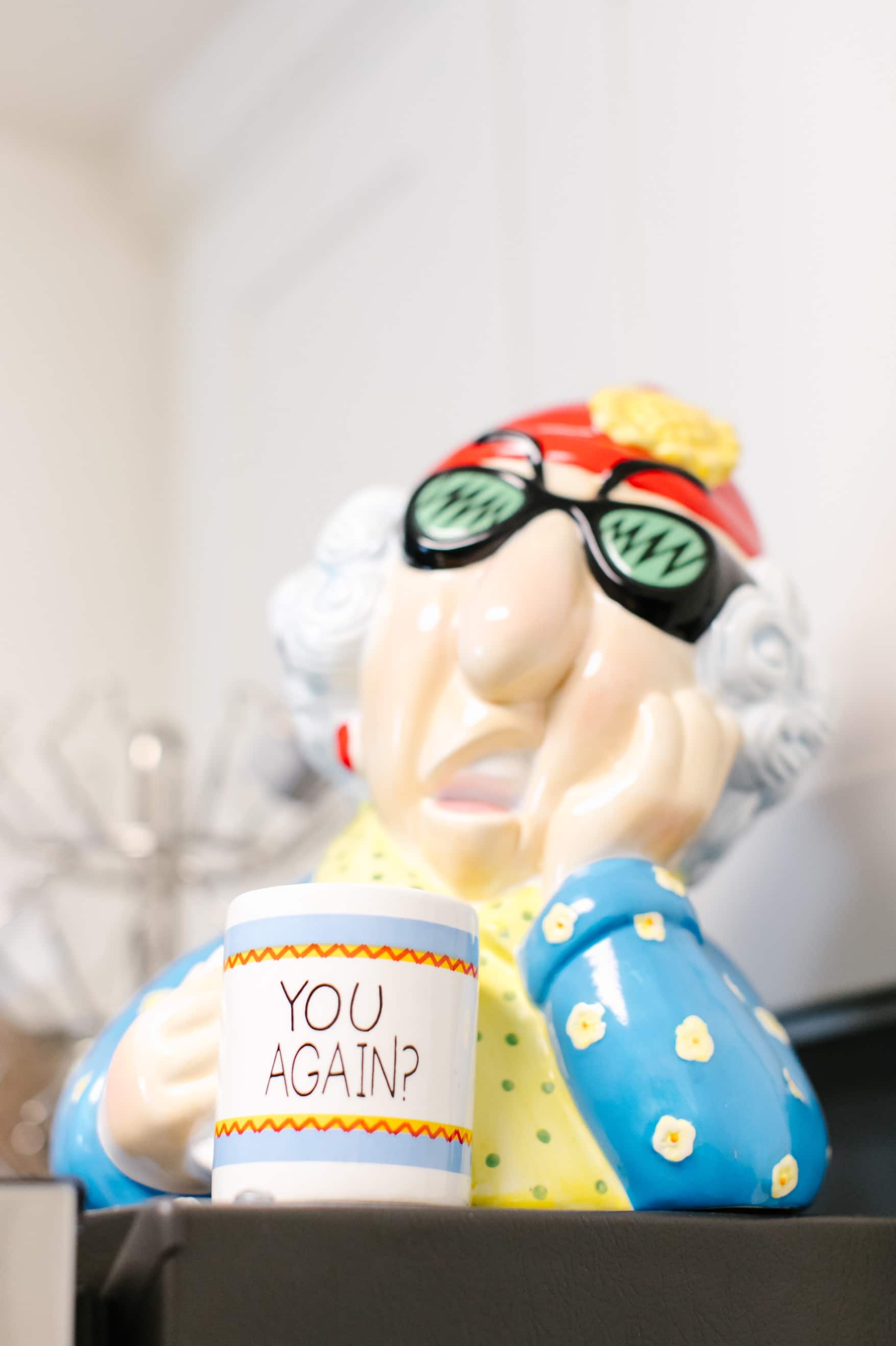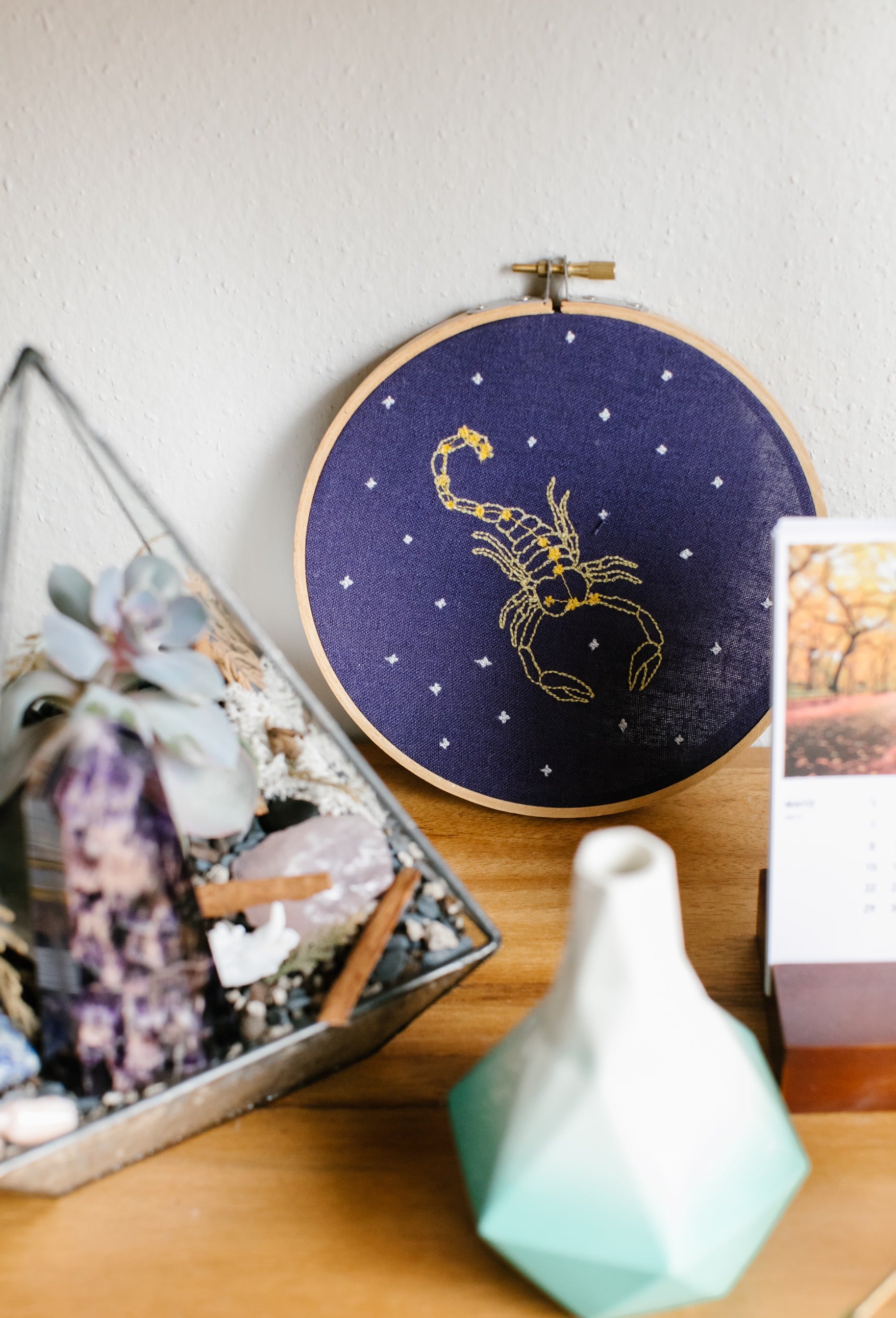You can catch Eliot performing slow jam versions of your favorite bar mitzvah party songs during his bi-coastal, monthly night of musical comedy, Haunting Renditions, when he’s not lending his talent to New Girl or Broad City. Before he became a devoted LA local, Eliot paid homage to his East Coast roots with “Shit New Yorkers Say.” He’s afraid of the moon, went to an avant garde Hebrew School, hates gefilte fish, and knows that, sometimes, it just takes time.
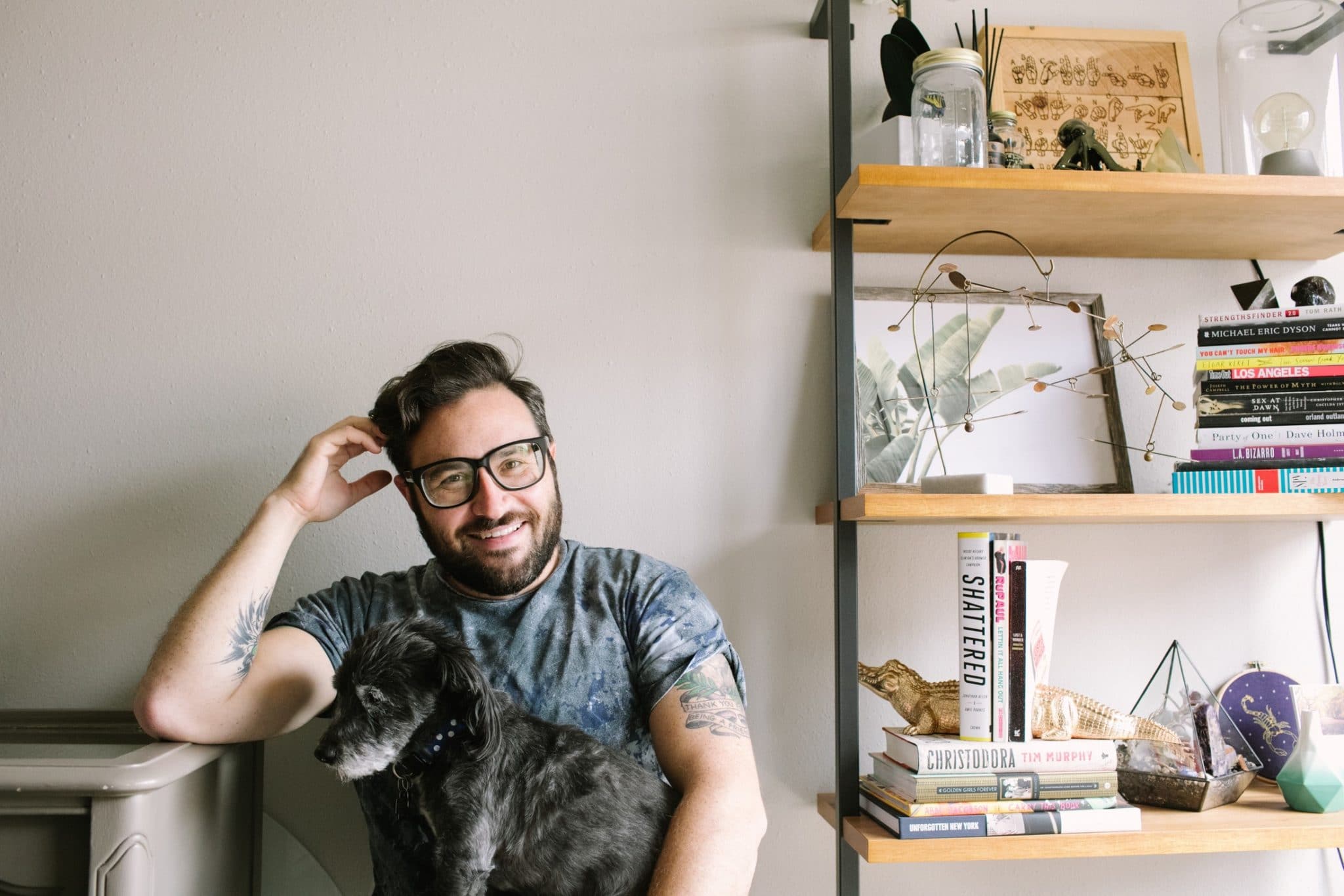
What’s the story behind your name?
I don’t think there is a special story. I think my aunt dated a guy named Eliot and my parents just really liked that name.
When your call was coming in, it said “Laurence.” What was that about?
That’s my dad’s name. I’m still on the family plan, which is really lame.
Tell me about your awesome parents.
They are both 61 this year. They’re wonderful. They still live in New York. They’re very Jewish. I think they would agree. My dad is from Brooklyn, my mom is from Queens. They met in a Hillel group at UMass Amherst.
My dad’s a really, really funny, silly guy. I found out he has inside jokes with me and Ilana that are based on Howard Stern bits from the early 90s. It was weird to be like, “Wait, Dad, you’ve been calling me Baba Booey because you heard it on Stern?” My mom is a really tenacious, loudmouth, opinionated lady from Queens. She doesn’t take any shit from anybody and has always done her own thing in her own way. I don’t think it was any sort of hope and quest of hers to provide a certain type of example, she just was what she was, is what she is, and it helped Ilana and me become the people we are today. She’s a ball buster.
How did Judaism play into your life growing up?
We were very, very Reform, but I always felt culturally Jewish. We tapered off over time in terms of going to temple for the holidays, but it had a stronghold in our house. Instead of going to a traditional Hebrew School, I went to a “secular” one. We didn’t learn much Hebrew, we learned more about the cultural practices of Judaism. It was a little avant garde. I had a sort of non-traditional bar mitzvah. Instead of reading a haftarah portion in Hebrew, I more or less did a book report on it to present to the congregation, although we were at a catering hall. I studied with the principal of the Hebrew School.
I also remember that Judaism was, in a way, crammed down my throat from one set of grandparents. My grandma was so virulently pro-Jew that I wanted to rebel against her and brag about having non-Jewish friends and eating ham.
I wanted to sidestep the geekiness of Judaism.
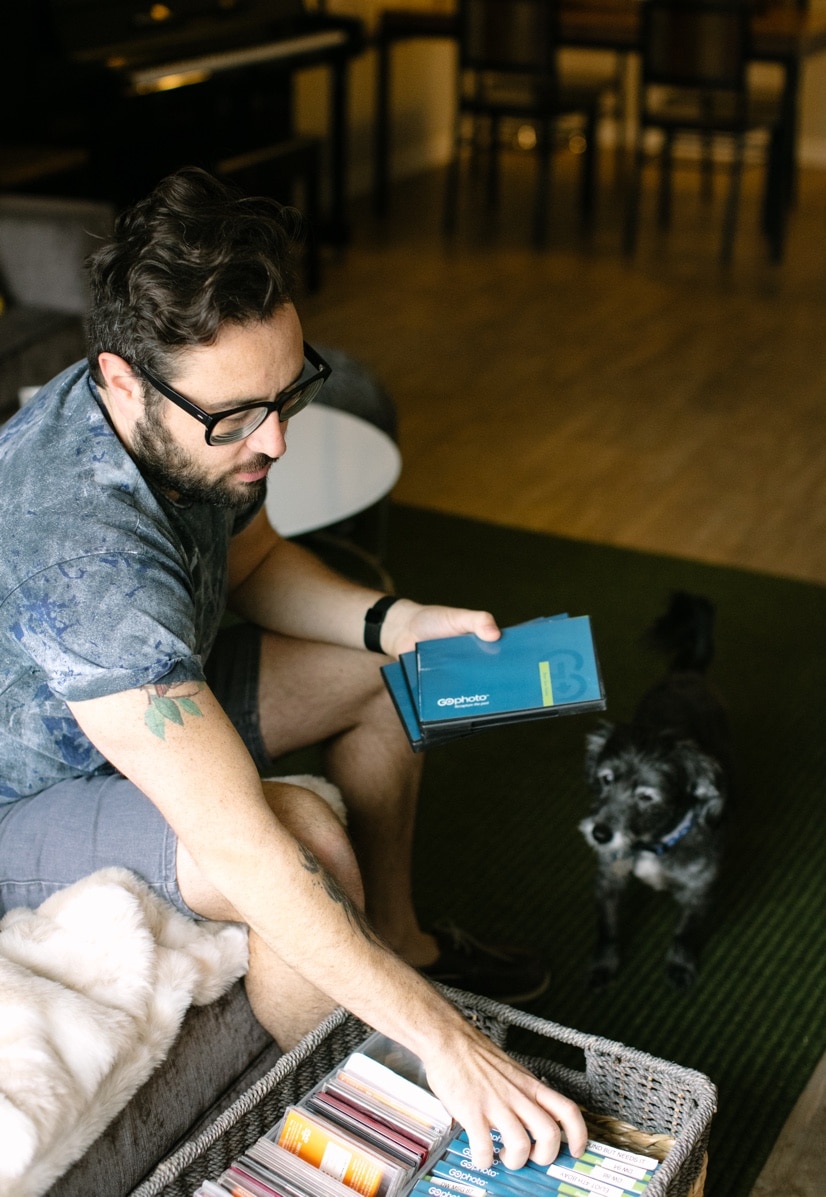
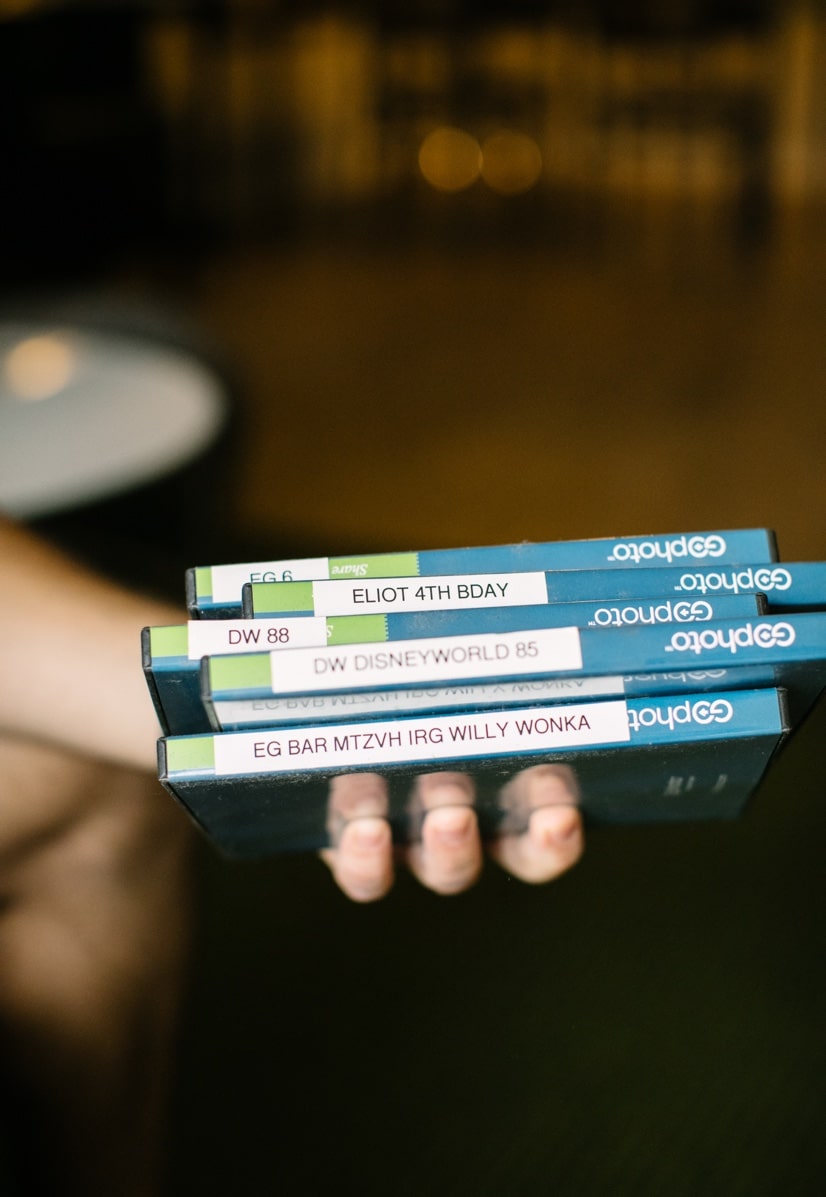
What is your earliest memory?
Being terrified of a hole in my bedroom wall as a kid. I was a very, very frenetic and nervous kid. I had a premonition that there was something in the hole in the wall.
So you came up with the concept for Stranger Things and you never capitalized on it?
Exactly.
Did you ever get over your fear of the hole in the wall?
I still scare easily. I’m terrified of the moon. If it’s big or hanging low on the horizon or it’s one of those strawberry moons, I have to drive in the dark with the shade down so I can avoid seeing it. For some reason, a full moon that’s any bigger than a nickel in the sky scares me senseless.
Why?
I witnessed 9/11 as a freshman at NYU. My dorm room window looked out at the Twin Towers like they were the center of a movie screen, so I was watching it all happen. It was the first time I ever saw this kind of foreign action happen in the sky. It was like science fiction come to life. Since then, I’ve had plenty of nightmares and the idea of something abnormal in the sky actually tickles some sort of subconscious part of me and brings about my remembering of witnessing 9/11. It was horrifying. Maybe that, I don’t know.
When do you feel most confident and secure?
Haunting Renditions. Doing the show is when I feel most confident. It took 6 or 7 years to figure out that was the way I wanted to do comedy. I started off in improv and then did sketch and stand-up and storytelling and even invoked some multimedia comedy, too, in New York. This was the thing that I could do best and this was the thing that’s unique to me and what makes me stand out as a comedian.
Mike is the musical arranger and was also the musical director of our a cappella group in college, and Seth, who produces the show, we’ve always collaborated on stuff since we were kids. I feel super confident on stage with the family we’ve created and the weird but specific shape of the show and knowing what fits into it and what doesn’t. That allows me a level of confidence that I never had in doing any different type of comedy before that.
I listened to your rendition of “Too Close” about 9 times. That song is so Jewish to me! It’s the bar mitzvah song of my youth.
That’s why it’s so funny to me, too. I remember it exclusively being played at bar mitzvahs and how inappropriate that is and just how strange. And yet, it was anthemic. It brings up the question: was anybody over the age of 12 listening to this enough to be like, “We should probably turn this off in the presence of kids”? It’s so horny. It’s crazy.
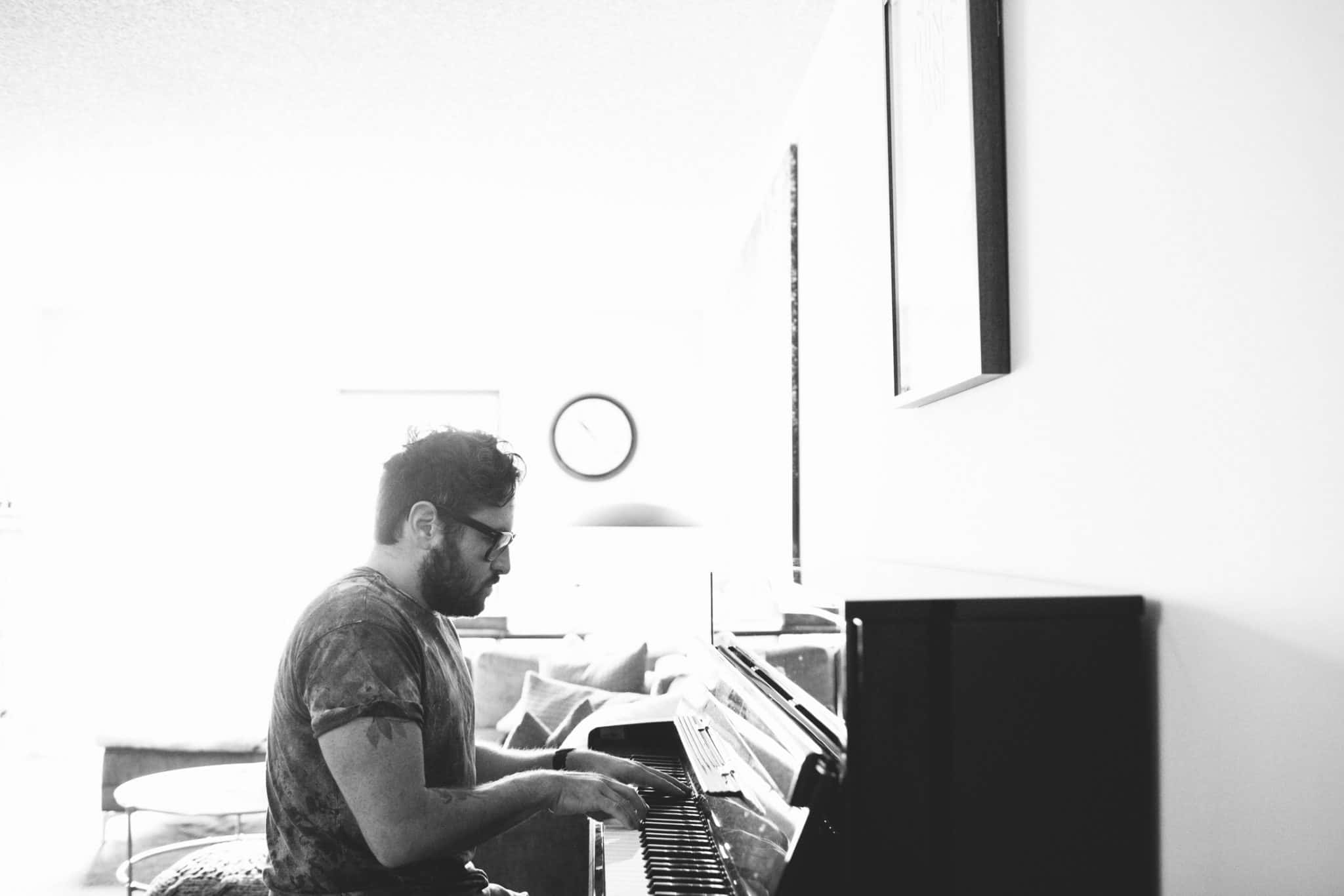
Share some pivotal moments in your 7-year journey to creating Haunting Renditions.
The moment that really changed things was when I left the indie improv group that I was in with my sister and Abbi Jacobson. Improv made me super nervous and it was too hard for me. I think you have to be really amazing at improv or anything less than that doesn’t cut it. When I left the group, my sister was like, “You think you’re too cool for improv.” And I said, “No, it just makes me fucking nervous. It’s too terrifying of a medium. It’s really a scary practice.” A few months later she was like, “OK, I’m leaving, too.” That was a really important moment for me, because I admitted this isn’t my thing, and, if I’m going to do comedy, which is already a densely populated field for people of my age and place, I wanted to stand out.
I wanted to do something remarkable enough, and Haunting Renditions is just that. It’s its own unique animal.
Where did the idea for Haunting Renditions come from?
I had this idea in my head for a long time. Seth and I, with my own money and out of our own self interest, spent a day with a crew and an orchestra at Dixon Place in New York and shot 5 videos. We were really proud of that, and then I thought, “Why not try to turn this into something live?” We started in Union Hall, in the basement, in 2014, and people kept showing up. Here we are, 3 years later, and the show has taken on a life of its own. I perform it on both coasts, I perform it at other people’s shows and at festivals, and it’s a really strong brand that is unlike anything else. I’m really proud of that. It took the practice of doing the show month after month and figuring it out with Seth and with the rest of my team. It took the time that it did and it continues to grow and change.
What has been your favorite Haunting Renditions moment?
I loved doing a bit with Phoebe Robinson in New York. It was called “Can I Sing This?” Between her podcast and her book, she’s sort of the go-to person for all things wokeness, so we did a bit where I explained that, all my life, I’ve really gravitated toward music that I’ve been told is for African-American aunties. I went through a bunch of songs and sang them live, just four to eight bars, to see if Phoebe would give me the thumbs up or the thumbs down in terms of performing the song at karaoke. We had a blast. It was super fun.
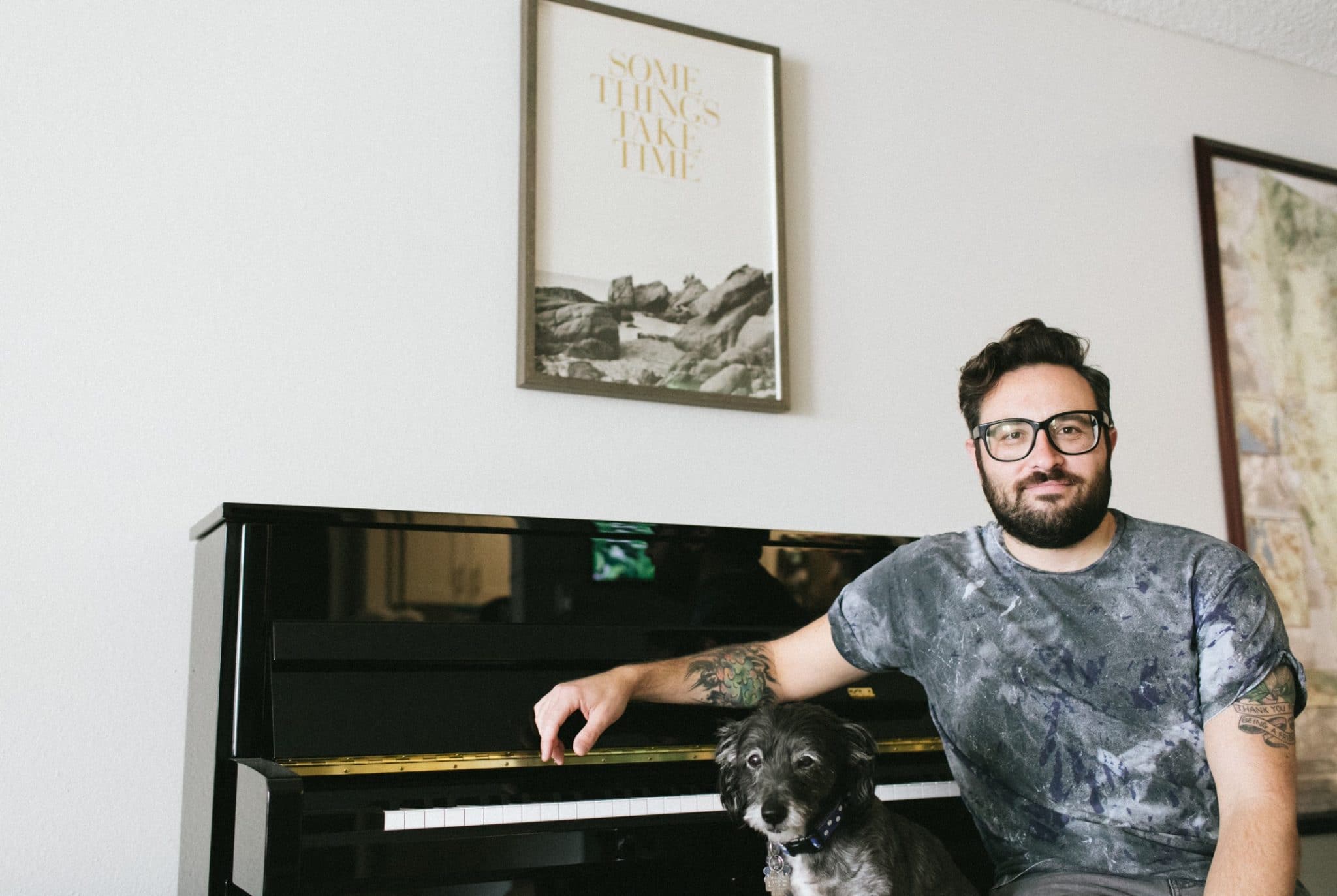
How has your experience of Jewish life and identity and culture evolved as you’ve gotten older?
Even though I haven’t gotten more religious and I still don’t know if I believe in a God, the religion itself has felt more like a warm blanket as I’ve gotten older. Having grandparents who passed away over the last few years, the practice of shiva is so important. It’s such a special tradition that basically guarantees that you’re surrounded by love and friends and family and food in the hardest days after death. I find that to be such a kind practice, such a healthy practice. It’s these practices and traditions that function on the wings of kindness and inclusion that make me proud to be Jewish.
How does Judaism play a role in your everyday life?
Ever since I can remember traveling on vacations with or without my parents, I never felt fully comfortable in a city, except for LA and Miami and New York. I didn’t know why that was. I realize that, even though I’m not religious at all, if there is some Judaism present in a city, whether it’s in the food or the culture or synagogues, for some reason, it feels comforting to me. As much as I might like another place that I visit, there really is some part of me that feels untethered. I don’t think it’s a coincidence that I felt so at home in LA right away, because of places like Canter’s and watching Transparent and seeing that the culture of Judaism is so present here in a way that I don’t see in many other cities. Even though I’m not someone who goes to temple, just knowing that it’s there is something that I now realize is required of me in choosing a place to live.
What do you love and hate about your city?
I love that people tend to be kinder here. People are genuinely responsible when it comes to the environment and they have a real affection for their neighbors. I love that sort of do good altruism of LA.
As a gay guy, dating is so much harder than I could have ever imagined. As much as people are kind here, there’s a really inherent shallowness that is part of a lot of the community. Vanity runs deep. It makes New York look like a humanist retreat or something. Dating here is, at least for a gay guy with half a brain, tough.
What’s something you’ve recently learned?
I’m reading Sex at Dawn. I tell everybody to read it. It’s a study of monogamy and how marriage and a heteronormative narrative about love and sex became so strict. It’s a really interesting look at where that came from, why it’s persisted, and whether or not these things are inherent to us biologically or if it’s something we’ve chosen to continue to perpetuate.
What is the best bargain you’ve ever gotten?
I have this really, really, really cool gadget. It’s a big mason jar with a butterfly inside of it, and there’s a battery that goes into the top of it that you don’t really see, and the butterfly inside flaps its wings and flies around. It’s just a thing that I bought for $5 at some weird sale in Greenpoint years ago, and it’s the coolest thing I’ve ever bought. People are stupefied by it because they think I have a butterfly in a mason jar with no air holes in it, and it’s like, “That’s interesting.”
Worst Jewish food?
The worst Jewish food is gefilte fish. My grandma made excellent gefilte fish, and then I brought my friend to a seder one year – he’s not Jewish – and he asked, “What is this?,” and I said, “Oh, it’s a fish,” and he’s like, “I’ve never heard of a gefilte fish. What’s in the fish?” I responded, “I don’t know, it’s a gefilte fish.” He was the one to tip me off to the knowledge that it’s a garbage fish.
It’s the hotdog of fish.
It’s a fish made of other things. God bless my grandma, but I could not touch them ever again. I think that broke her heart.
Best Jewish food?
The best Jewish food, without a doubt, is babka. I’m a huge dessert person. It’s a wet bread with dark chocolate. It’s perfect. And if it has a little of the coffee cake top to it with those crumbs on top, that’s even better. Hands down.
Photos by Jennifer Emerling
Thank you for visiting Arq!
Arq is no longer publishing new content. We hope you'll enjoy our archived posts.
